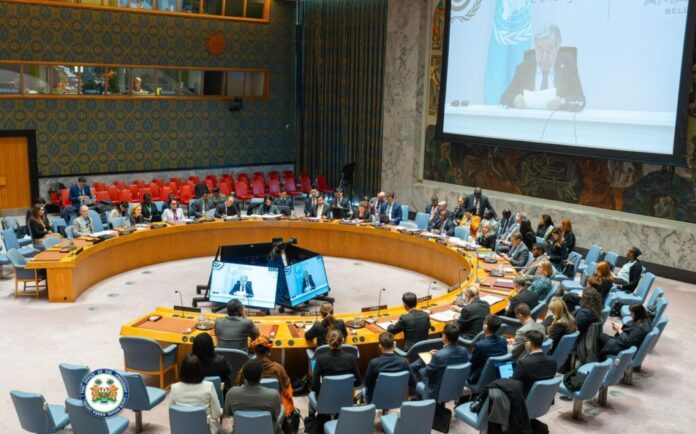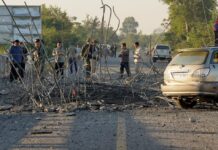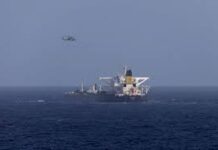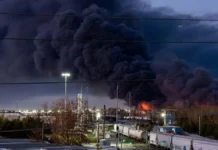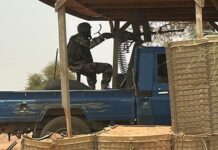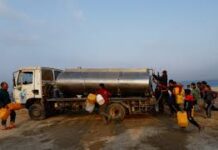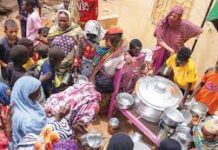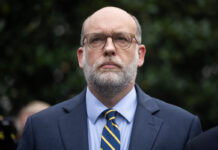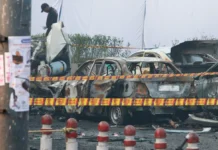FREETOWN, Sierra Leone,Sierra Leone’s President Julius Maada Bio, presiding over a high-level United Nations Security Council briefing on Peace Consolidation in West Africa, has called for the establishment of an ECOWAS–UN–AU Compact for Peace and Resilience in the Sahel. The proposal, unveiled on Tuesday, 18th November, 2025, at the UN Headquarters in New York, USA, is aimed at forging a coordinated, well-funded, and results-driven approach to tackling escalating insecurity across the Sahel and West Africa.
President Bio convened the meeting in his dual capacity as President of Sierra Leone and Chair of the ECOWAS Authority of Heads of State and Government, stressing the urgent need for a unified global response to a crisis he described as “the epicentre of global terrorism.” He warned that the region’s instability, fuelled by extremist groups affiliated with ISIL and Al-Qaida, poses a direct threat to international peace and security.
“Maintaining international peace and security is a collective responsibility,” President Bio said, lamenting the global silence that has accompanied the deteriorating situation in the Sahel. He noted that despite the courage of affected States, “the threat of terrorism and violent extremism continues to outpace our collective response,” underscoring the need for stronger multilateral cooperation.
The proposed Compact seeks to align security, governance reforms, and humanitarian efforts under a single coordinated framework, leveraging the mandates of existing UN resolutions and the operational strengths of ECOWAS and the African Union. President Bio emphasized that predictable financing, particularly under Security Council Resolution 2719 (2023), is essential to support African-led peace operations and activate the region’s Standby Force.
Addressing representatives of Burkina Faso, Mali, and Niger in attendance, President Bio stressed the importance of engagement and reintegration, noting that West African security “cannot be built on exclusion.” He urged the Council to help rebuild trust across the region, including between ECOWAS and the Alliance of Sahel States, through cooperative mechanisms such as joint platforms and real-time coordination supported by UN entities.
Highlighting the humanitarian toll of the conflict, such as, rising displacement, collapsing livelihoods, and deepening public frustration, President Bio called for expanded humanitarian assistance that is linked to long-term economic recovery. He underscored that Africa’s peace “is not a favour to be granted, but a foundation of global stability.”
President Bio concluded with a charge to the Council and the wider international community: “The people of West Africa and the Sahel do not ask for pity; they ask for partnership.” He urged global leaders to act decisively and collaboratively, warning that without swift intervention, the Sahel risks becoming a permanent sanctuary for extremist networks “just hours from major global cities.”
By James Kisoo









